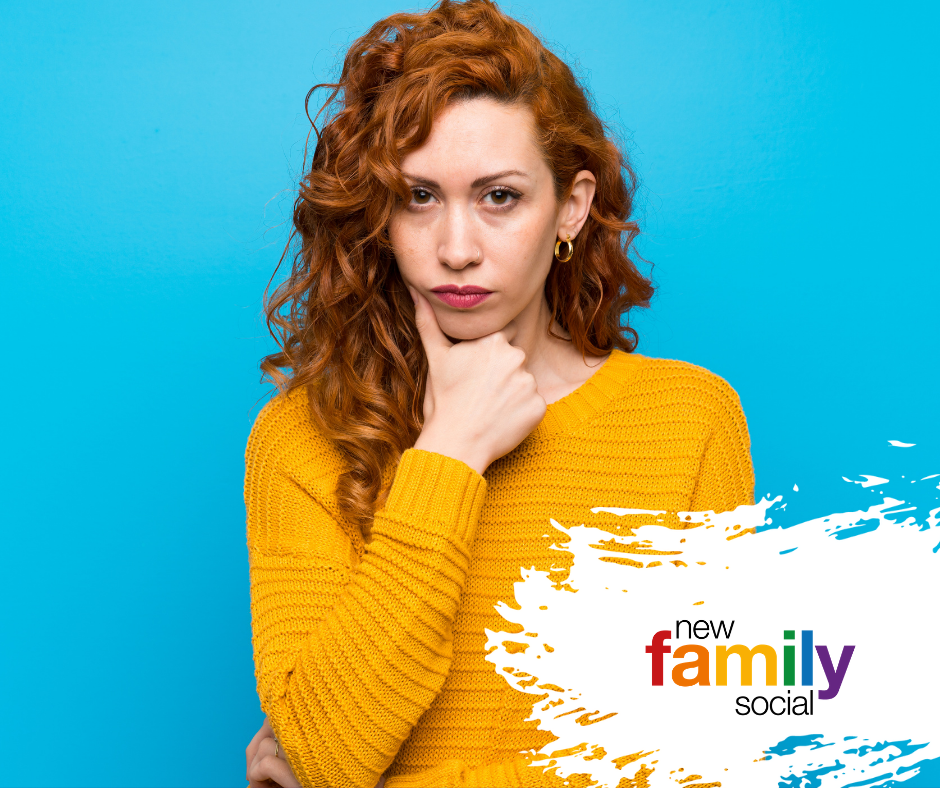|
by James Lawrence 4 May, 2020
While LGBT+ people adopting and fostering is increasingly visible, for many LGBT+ people there’s an enduring expectation of discrimination because of their sexual orientation or gender identity if they apply. YouGov polling for Stonewall in 2013 found that almost half (46 per cent) of lesbian, gay and bisexual people expected to face barriers if they applied to become adopt because of their sexual orientation. New Family Social’s polling in 2017 echoed this expectation with 45 per cent of respondents saying that before they applied to adopt or foster they thought that being LGBT would be a barrier in the process. However, in practice some 12 per cent of respondents in New Family Social’s research who’d gone through the assessment and approval processes for adoption or fostering said being LGBT was a barrier. Adoption and fostering services have a legal duty to not discriminate on the grounds of sexual orientation or gender identity, so where this occurs LGBT+ people should challenge this, initially through the organisation’s complaints procedure, then by escalating it to other agencies such as New Family Social. The assessment process for adoption and fostering is – by necessity – robust. However, we know from our members – and our own experiences of going through the process – that the process can feel intrusive, irrespective of whether you’re LGBT+ or not. Questions about your sex life; e.g. frequency, etc. are deeply personal to answer and it’s hard not to feel exposed when they are put to you. However, if the line of questioning goes beyond what would usually be asked of an opposite-sex couple or non-LGBT+ person you can challenge what the grounds are for asking it. Some of these comments were made in response to New Family Social’s research in recent years: ‘[We were] advised that we should not be naked around even a young child’ ‘Our first assessor was told to ask us what we did in bed!’ ‘Social workers make you feel [you’re] a bad person and feel like you won’t be a good parent.’ ‘We were told that a child’s social worker at our approving agency would not consider us for their child solely because we were a gay couple. We were told this with a shrug. This attitude was tolerated by the agency.’ ‘There was a homophobic form from an assessor in one agency and felt another local authority did everything possible to stop us.’ All of these incidences above could be tackled by an agency if raised at an appropriate level or with New Family Social. The positive news is that in New Family Social’s experience negative behaviours tend to be limited to one or two staff in an organisation – which can be addressed through training – rather than an institutional bias. Anecdotally, New Family Social increasingly hears from social workers keen to tackle behaviours of individual panel members and children’s social workers rather than LGBT+ people struggling with their allocated social workers. Similarly it’s dispiriting if an agency’s paperwork assumes your gender identity, or that you’re part of a heterosexual couple, or have always been in an opposite or same-sex relationship. It may not intend to make you feel judged, but that can be the end result. Where systems and forms don’t appear inclusive of LGBT+ people always feed this back to your agency so that it can be improved for future LGBT+ applicants. At New Family Social we strongly advise all LGBT+ people considering adoption or fostering to speak to several agencies before they choose one to start their journey with. While you should consider the services offered by your regional adoption agency or local authority, it’s also worth hearing from voluntary sector providers. An agency that’s keen to support and develop LGBT+ applicants should be able to answer some simple questions; such as how many LGBT+ people they’ve supported in the past, how many are currently adoptive parents or foster carers with them, etc. The social worker who is allocated to guide you through the process will also be your advocate, so you may want to ask from the outset what the process is to resolve any tensions and how open the agency is to switching your social worker. We also recommend asking what specific support they offer to LGBT+ applicants/adopters or foster carers.
Takeaway:
|
.png)
